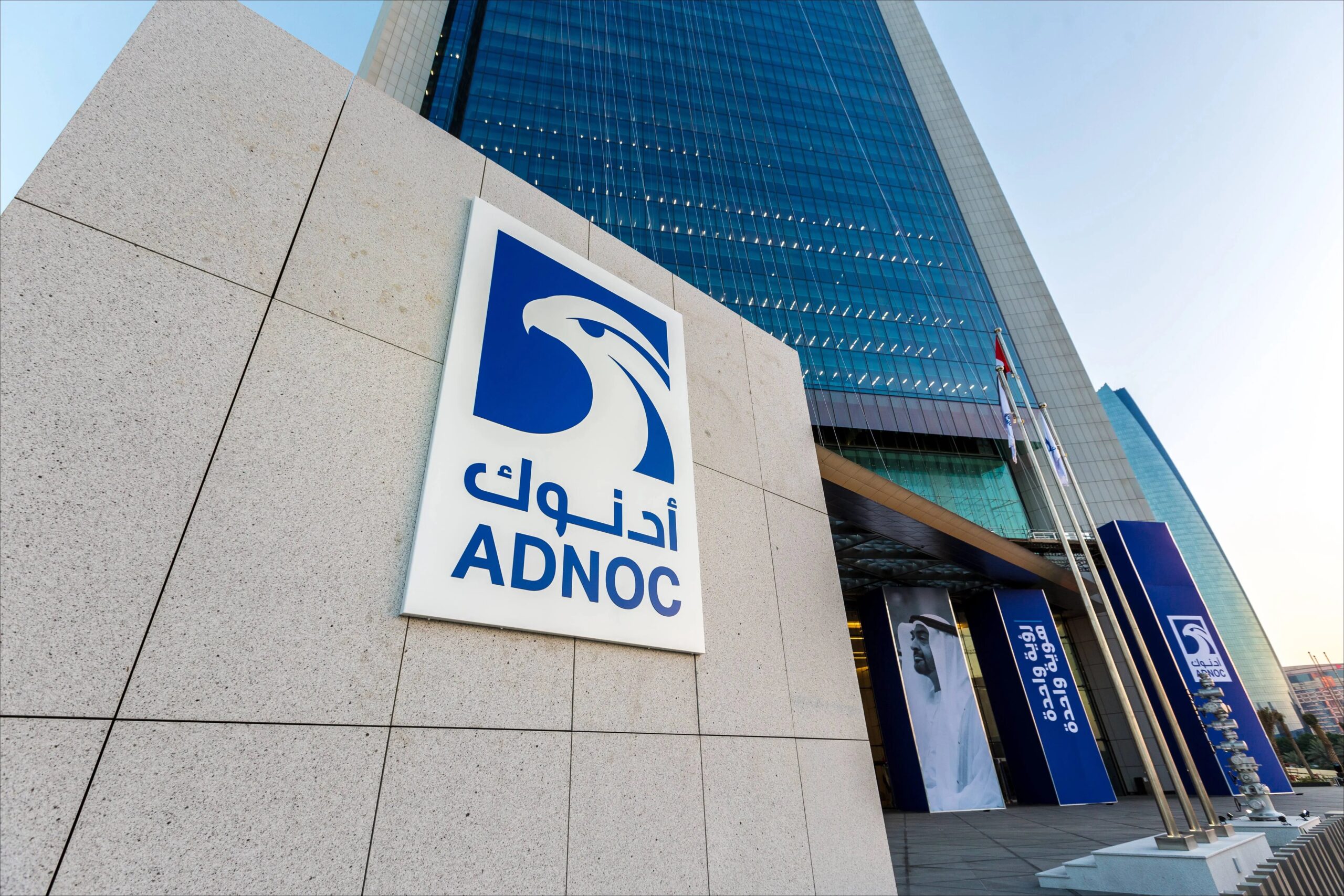What lies ahead for Saudi Arabia’s relationship with Trump?
The relationship between Riyadh and Washington has always been strategic rather than circumstantial
Even critics of President Donald Trump acknowledge that his leadership has ushered in significant changes, marking a transformative period for the United States. While he has not delivered on every promise, his presidency has been characterized by a bold and unconventional approach from the outset.
What sets Trump apart is that he represents more than just an individual leader; he embodies a broad movement. Entering the White House with a clear agenda, strong administrative direction, and widespread public support, he leads a presidency unlike any other. This momentum has positioned his leadership as revolutionary, even compared to his own first term.
In our region, Trump has become a familiar figure, and his agenda suggests he could play a positive role. He has expressed a commitment to achieving Palestinian-Arab-Israeli peace and resolving the Iranian issue through either reconciliation and halting nuclear activities or confrontation. He also aims to address the Syrian conflict, including Turkey’s military involvement, and has pledged support for Iraq’s sovereignty by targeting Iranian-aligned militias to facilitate a U.S. troop withdrawal. In Yemen, Trump has identified the Houthis as a primary target, restoring their designation as a terrorist organization and adopting a counterinsurgency strategy.
Saudi Arabia has maintained a close relationship with Trump, which was evident during his previous presidency. His first call to a foreign leader was to the Saudi Crown Prince, and he announced plans to visit the kingdom again. Trump emphasized Saudi Arabia’s importance by stating it would be his first foreign destination, promising economic agreements valued between $450-500 billion. For Trump, such visits often revolve around economic objectives, reflecting his market-driven approach to diplomacy. He sees U.S. economic partnerships as mutually beneficial, while warning of the risks associated with being excluded from trade relations with the U.S.
Last month, responding to criticism, the Chinese Foreign Ministry emphasized the mutual benefits of U.S.-China economic ties, noting China’s $700 billion investment in the U.S. Similarly, Trump’s visit to Riyadh during his first term coincided with the Crown Prince’s launch of the ambitious “Vision 2030” project. While some agreements from that visit faced delays due to U.S. legislative hurdles or other factors, many were implemented as long-term investments spanning a decade or more, yielding profitable results.
The Riyadh-Washington relationship has historically been strategic rather than transactional. This reality became evident even to President Joe Biden, who, despite limited personal ties and reduced oil dependence, proposed strategic cooperation and a defense agreement with Saudi Arabia. Under Trump, the relationship is poised to become even closer. The Saudi Crown Prince, having invested in building a rapport with Trump, views him as a dependable ally, suggesting a partnership likely to grow warmer and more robust.
More From “Opinion”

UAE economic outlook: promising growth ahead for 2025

Middle East reacts to Trump’s return: hopes and concerns

Analyst: GCC is set to push global sukuk issuance to $200bln in 2025

Analysis: UAE aims to shake up world order as oil trading centre

GCC trade agreement: a vital boost for the UK’s economic recovery

5 key trends shaping the UAE in 2025

Egypt maintains distance from Syria’s new leadership

Opinion: what are the relations between Egypt and the new Syria?

UAE raises concerns over EU’s inclusion on dirty money ‘Black List’

What lies ahead for Saudi Arabia’s relationship with Trump?

Five key growth opportunities for the GCC’s industrial sector in 2025

Report: Sustainable finance is transforming GCC’s future


